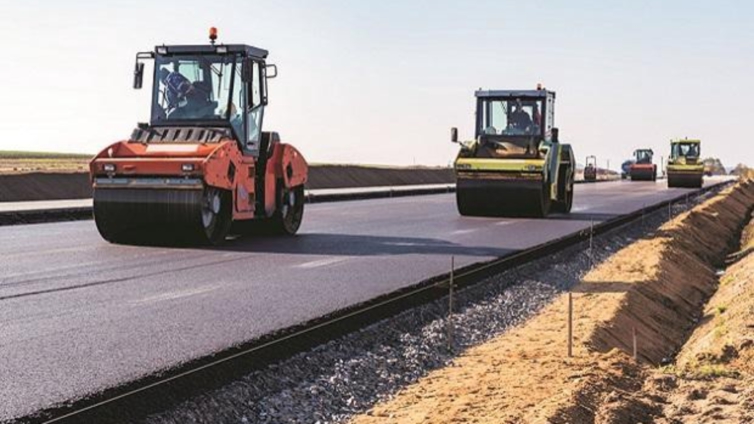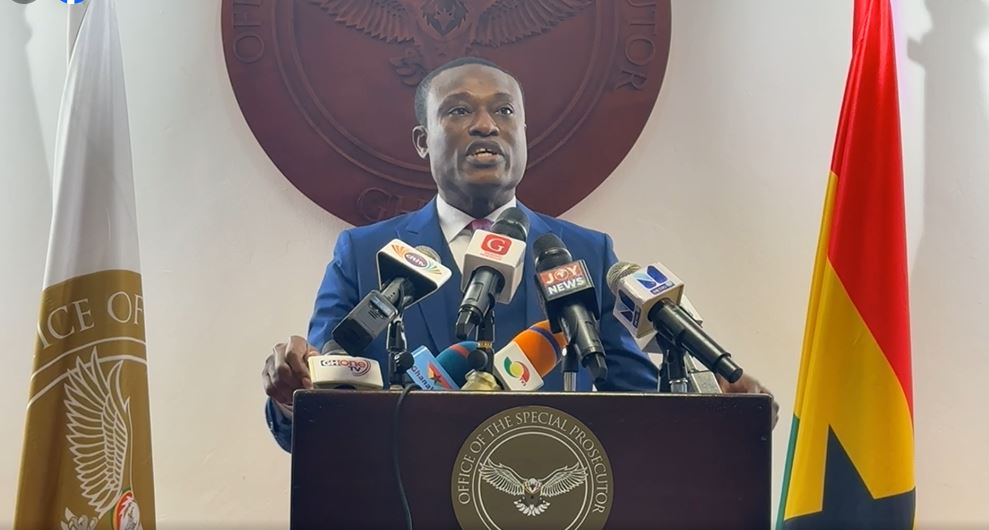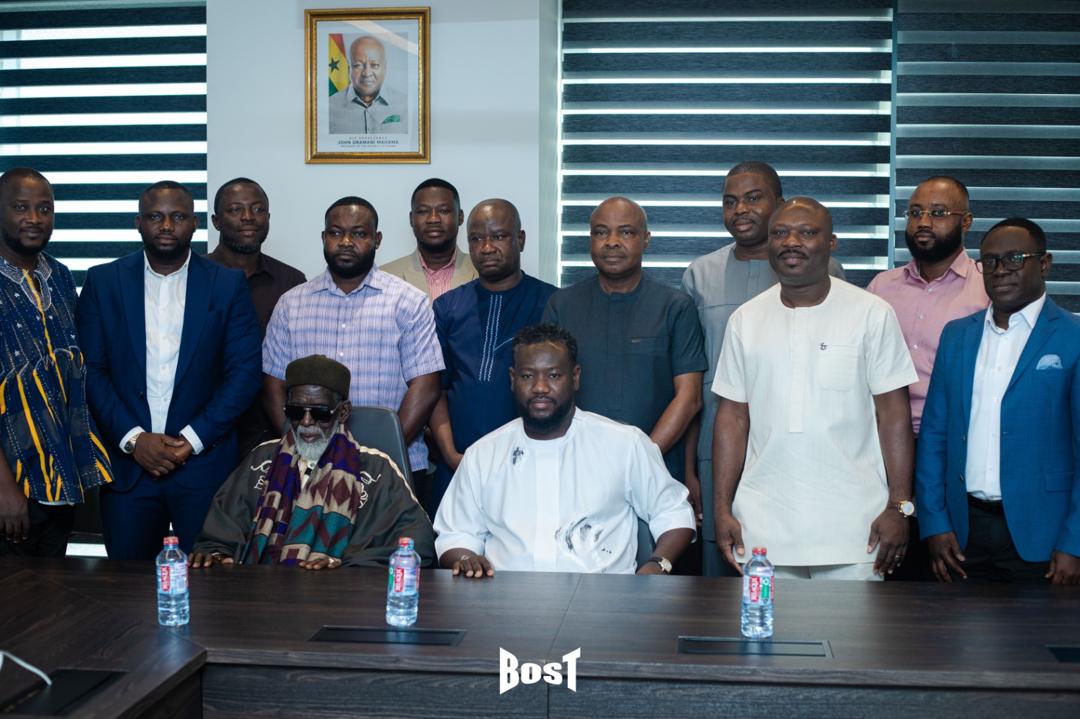I Recently drove through Abladzei, a neighbourhood in the Ga East Municipality and saw serious construction work on drains.
Amidst the chaos of roadblocks, I managed to navigate and found my way to Pantang.
In contrast, although constructed, the level of deterioration on the road right in front of the Pantang Psychiatric Hospital is an eyesore.
By the time I ended up in some neighbourhoods at Adentan, I could see construction equipment working. It was obvious these roads were being constructed because of the upcoming election, thus, they can be termed, “election roads” and they have happened under every regime since Rawlings.
In Ghana, the term “election roads” has become synonymous with pre-election construction projects hurriedly initiated by governments to woo voters.
These roads, often built or repaired in the last few months leading up to an election, have raised questions about the motivations behind such projects and their long-term implications for the country’s infrastructure and development.
While improving road networks is vital for national progress, the surge in election-related road construction needs to be scrutinised to ensure transparency, value for money and sustainable development.
Election roads:
Road infrastructure plays a crucial role in economic development, linking communities, improving trade and enhancing access to healthcare, education and other essential services.
Over the years, Ghana has seen significant investments in road construction but many of these projects are concentrated around election periods.
This pattern raises concerns about the strategic planning and prioritisation of road construction projects.
On the other hand, the rushed nature of these projects often leads to substandard work, wastage of public funds and an uneven distribution of infrastructure development across the country.
Numbers behind
Recent reports indicate that the number of roads inaugurated during election years far outpaces those in non-election years. In the lead-up to the 2020 election, for instance, the government declared the year as the “Year of Roads” and initiated numerous projects across the country.
A similar pattern is emerging as Ghana prepares for the 2024 Election, with new road projects being inaugurated/announced at an accelerated pace.
While this may seem like progress, it is essential to ask whether these roads are part of a well-thought-out development plan or mere political expediency.
The problem lies not in the number of roads being constructed but in the deceitful motivations behind their timing and execution.
Are these projects based on genuine needs assessments or are they merely designed to secure votes?
The lack of transparency in the procurement process and the apparent haste in project execution often lead to concerns about corruption, inefficiency and the long-term sustainability of these roads.
Rushed construction projects often compromise quality. Poorly built roads deteriorate quickly, requiring frequent repairs that drain public funds. This cycle of substandard work not only wastes resources but also poses safety risks to road users.
A study by Ghana’s Ministry of Roads and Highways revealed that some roads constructed during election years were riddled with defects within a few years of completion, highlighting the need for stricter oversight.
The focus on election roads often leads to the neglect of a comprehensive, long-term approach to infrastructure development.
Fiscal implications
Election roads are frequently financed through emergency budget reallocations or loans, placing a strain on the national budget. The lack of proper cost-benefit analyses and feasibility studies means that Ghana may be investing in projects that lack quality and yield little economic return.
This could exacerbate the country’s debt burden and limit resources for other critical sectors like education, healthcare and agriculture.
The perception that election roads are a political tool undermines public confidence in government initiatives. Citizens may view such projects as superficial gestures rather than genuine efforts to improve their quality of life.
Restoring trust requires a shift towards more transparent and inclusive decision-making processes.
To address the challenges associated with “election roads”, Ghana needs to adopt a more strategic and accountable approach to infrastructure development. Here are some key recommendations:
Infrastructure Plan
A comprehensive, long-term plan for infrastructure development should be created, outlining priorities based on need, feasibility and potential impact. This plan should guide all road construction projects, irrespective of the election cycle.
Independent bodies such as the Public Procurement Authority (PPA), the Auditor-General’s Office, the Ghana Highway Authority and the Department of Urban Roads should closely monitor road construction projects to ensure compliance with procurement laws, quality standards and budgetary allocations.
Involving local communities in the planning and implementation of road projects can help identify genuine needs and foster a sense of ownership.
Building roads is only part of the solution; maintaining them is equally important. A dedicated fund for road maintenance should be established to ensure that existing infrastructure remains in good condition.
The rising number of election roads in Ghana is a symptom of a larger problem: the politicisation of infrastructure development.
While these roads may bring short-term benefits, their long-term impact is often undermined by poor planning, substandard construction and misallocated resources.
As Ghana prepares for the 2024 Election, citizens, civil society organisations and policymakers must advocate a more strategic, transparent and accountable approach to road construction.
By prioritising quality over quantity and focusing on sustainable development, Ghana can build a road network that truly serves its people and drives national progress.
The writer is Founder/Chancellor,
Wisconsin University College; immediate past President-General of the West Africa Nobles Forum.





